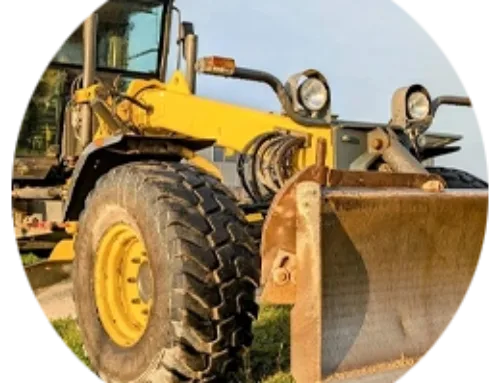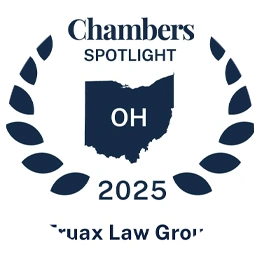Ohio’s Prompt Payment Act May Not Apply to Upfront Payments
In Ohio, whether you’re a general contractor, a construction manager, a subcontractor or a material supplier, you’re aware of the power of Ohio’s Prompt Payment Act.
The Prompt Pay Act (ORC 4113.61) requires that a contractor pay its subcontractor within 10 days of being paid by the owner for that subcontractor’s work. (Subcontractors must pay their lower-tier subcontractors and suppliers within 10 days of payment by the upstream contractor, and so on.) Without timely payment, the upstream contractor or subcontractor is liable for a mandatory 18% interest on the balance. And if the unpaid subcontractor or supplier has to bring an action to collect, it is entitled to its legal fees and costs.
A recent decision out of Northeast Ohio, however, suggests that where the upstream contractor received an upfront, material deposit even before its supplier submits an invoice, that contractor has no Prompt Pay Act liability for those funds due to the supplier.
Yes, you read that right.


In 2018, a concrete supplier in Northeast Ohio was forced to bring suit for more than $82,000 against a subcontractor who was already paid for much of the concrete materials in question. The subcontractor requested and was paid an upfront material deposit, which is becoming more common in order to control rising material prices and supply chain delays.
The supplier prevailed in court, and pursuant to the Prompt Pay Act, also received an award of interest at 18% (more than $21,000) and its legal fees (nearly $102,000).
The Court of Appeals, however, overturned that award. See Broadway Concrete Invs., L.L.C. v. Masonry Contracting Corp., 2022-Ohio-530 (8th Dist. Ct. App.)
In maintaining an ultra-strict interpretation of the Prompt Pay Act, the 8th District Court of Appeals held that the Prompt Pay Act’s 10-day payment period did not start to run until (A) the concrete supplier submitted its invoice to the subcontractor in time for the subcontractor to include the invoice in its payment application, and (B) the subcontractor’s pay application containing the supplier’s invoiced amount was paid. In other words, the fact that the subcontractor received an upfront deposit was not relevant in the supplier’s Prompt Pay Act claim.
For years, we’ve counselled clients to ask for upfront payments for a portion of their contract value to (A) mitigate payment risk, and (B) cover some of their own payment liabilities. Thanks in large part to the impacts from COVID-19, upfront deposits are becoming more commonplace, as noted above.
So, in the wake of the Broadway Concrete decision, lower-tier subcontractors and suppliers MUST take note. They must become aware of whether their upstream customer has negotiated an upfront deposit. If so, the lower-tier contractor should negotiate the terms of its own early payment.
In the meantime, if you have a friend at the Statehouse or in your local industry trade group, now would be a good time to approach them about trying to amend the Prompt Pay Act to account for upfront payments.

It seems obvious that Ohio’s General Assembly intended the Prompt Pay Act to cover all upstream payments that pay for a subcontractor or supplier’s work, even if payment was an upfront deposit. But as long as the Prompt Pay Act language remains the same, we can expect more courts and arbitrators to follow the Broadway Concrete decision’s lead. As for general contractors, construction managers, and upstream subcontractors, tracking subcontractor and supplier invoices has never been more critical









